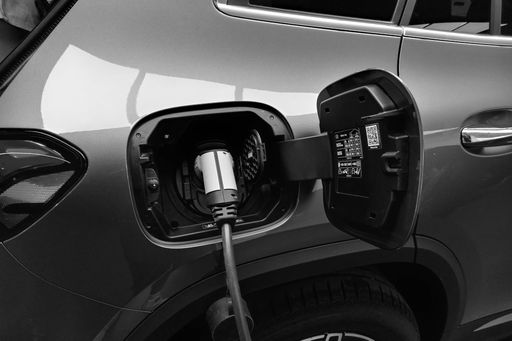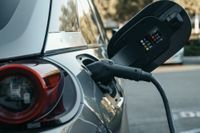The Politics and Economics behind Biden's China-Car Espionage Probe
President Joe Biden has launched an investigation into whether Chinese-made vehicles could be used for spying on Americans. This article explores the political and economic factors behind this probe.

The National Security Risks of 'Connected' Cars
President Joe Biden has initiated an investigation into the potential national security risks posed by Chinese-made vehicles. The White House announced the probe, citing concerns about "connected" cars creating new avenues for espionage and sabotage. Biden's focus on this issue is driven by fears raised by U.S. automakers about having to compete with Chinese electric vehicles (EVs). China's EV industry has surged in recent years and aims to export vehicles globally at lower prices than American offerings.
In his statement, Biden acknowledged the economic threat posed by China's EV industry and emphasized the importance of preserving American jobs. However, political and policy experts view this move as an opportunity for Biden to demonstrate his toughness on China. While there is recognition of the legitimate concern about Chinese spying, some experts warn that protectionism based on overstated national security concerns could disrupt global supply chains and harm U.S. production.
Political Motivations and the Michigan Connection
President Biden's investigation into Chinese car espionage aligns with his efforts to support domestic manufacturing jobs and win support in competitive states like Michigan. Restrictive trade policies towards China are an area of bipartisan agreement in the U.S., and Biden has continued the trade war against China started by his predecessor, Donald Trump. Michigan, located at the heart of the U.S. auto industry, is a crucial state in deciding the outcome of the 2024 election.
Biden's endorsement by the United Auto Workers labor union and his emphasis on the importance of Detroit automakers and their workers are part of a strategy to counter Trump's argument that jobs are being outsourced to China. The export surge of Chinese EV makers and their plans to establish a manufacturing plant in Mexico further heighten the economic and security concerns associated with Chinese EVs.
The Growing Alarm of Espionage Threats
As pressure mounts to impose anti-China trade barriers, the Biden administration is raising alarms about espionage threats posed by high-tech Chinese cars. Commerce Secretary Gina Raimondo has voiced concerns that the Chinese government could cut off Chinese connected vehicles on American roads as a means of wreaking havoc. She also highlighted the risks of privacy invasions by foreign actors given the amount of sensitive data collected by connected vehicles.
Former U.S. counterintelligence official, Anna Puglisi, supports these concerns, especially when considering the involvement of Chinese state-owned automakers and the Chinese government's control over the sector. The challenge lies in dealing with a nation-state that blurs the lines between public and private and leverages its commercial sector to serve its strategic goals. The administration's focus on these espionage threats is driven by the need to safeguard national security and protect individuals' privacy.


